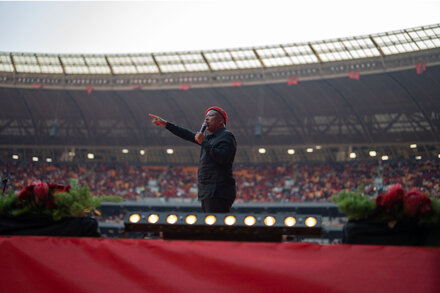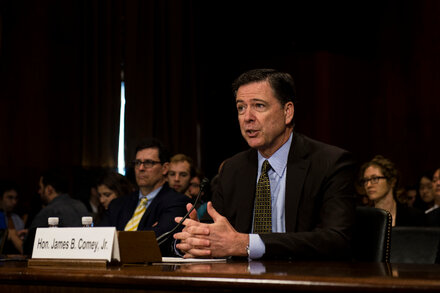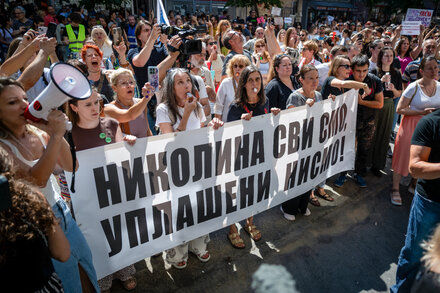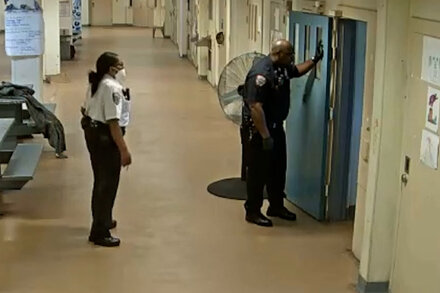
JOHANNESBURG, South Africa – Julius Malema, the firebrand leader of South Africa’s Economic Freedom Fighters (EFF) party, has been convicted on a gun charge, marking a significant legal setback for a politician who has frequently been the subject of criticism from former U.S. President Donald Trump.
The verdict was delivered by a South African court on Wednesday, October 1, 2025, after a protracted legal battle that has drawn considerable public attention. Malema was found guilty of unlawfully discharging a firearm in public, a charge stemming from an incident at an EFF rally in East London in 2018.
The Conviction and Its Background
The charges against Malema relate to video footage that circulated widely, appearing to show him firing what looked like an automatic rifle during his party’s fifth-anniversary celebrations. Prosecutors argued that Malema’s actions violated the Firearms Control Act, which strictly regulates the use and possession of firearms in South Africa.
During the trial, Malema’s defense team contended that the item fired was a toy gun and that the incident was merely a symbolic act within a political demonstration. However, the court dismissed this defense, ruling that the evidence presented, including expert testimony, confirmed the object was a real firearm and its discharge unlawful.
A Politician Under Scrutiny
The conviction places Malema, a prominent figure known for his radical economic policies, in a precarious position. Malema and the EFF advocate for controversial measures such as the expropriation of land without compensation and the nationalization of key industries, positions that have generated both widespread support and strong opposition within South Africa.
Internationally, Malema’s rhetoric and policies have not gone unnoticed. Former U.S. President Donald Trump, both during and after his presidency, has on several occasions publicly referenced Malema and the EFF, often expressing concern over their populist agenda and its potential implications for foreign investment and stability in South Africa. These criticisms frequently highlighted Malema’s confrontational style and his party’s socialist-leaning economic proposals, drawing an unlikely parallel between the two political figures’ capacity to generate controversy.
Following the verdict, the National Prosecuting Authority (NPA) issued a statement.
“This verdict underscores the principle that no individual, regardless of their political standing or influence, is above the law in South Africa,” said a spokesperson for the NPA. “It sends a clear message about adherence to our nation’s firearms regulations.”
The EFF, in response, quickly announced its intention to appeal the court’s decision.
“We maintain our steadfast belief in Commander-in-Chief Malema’s innocence,” an EFF press statement read. “This conviction is a politically motivated attempt to silence a revolutionary voice and impede the crucial work of economic emancipation. We will explore every available legal avenue to challenge this unjust ruling.”
Implications for South African Politics
Sentencing proceedings are anticipated to commence in the coming weeks. The conviction could carry significant repercussions for Malema’s political future. South African electoral law generally prohibits individuals with serious criminal convictions from serving in elected office, depending on the nature and length of the sentence imposed.
The legal battle is expected to be protracted, with appeals likely to reach higher courts. This ongoing judicial process will undoubtedly cast a shadow over Malema’s leadership and the EFF’s campaigning efforts ahead of upcoming national elections, potentially reshaping the landscape of South African politics.
Source: Read the original article here.





